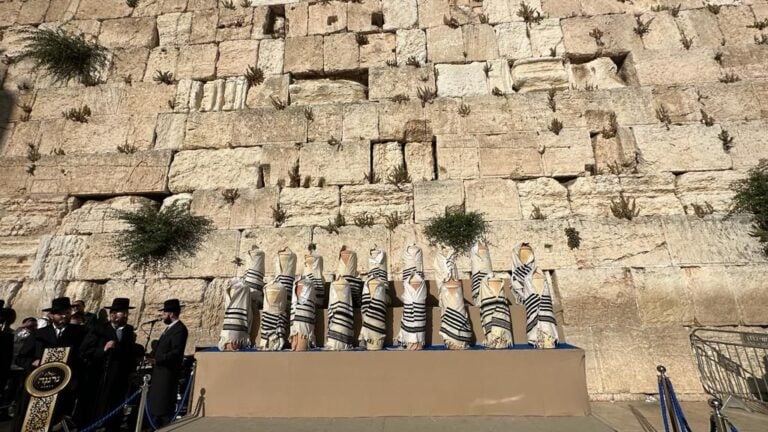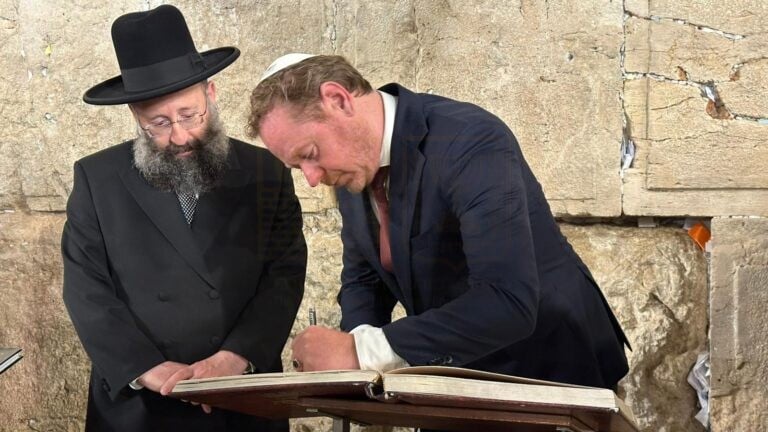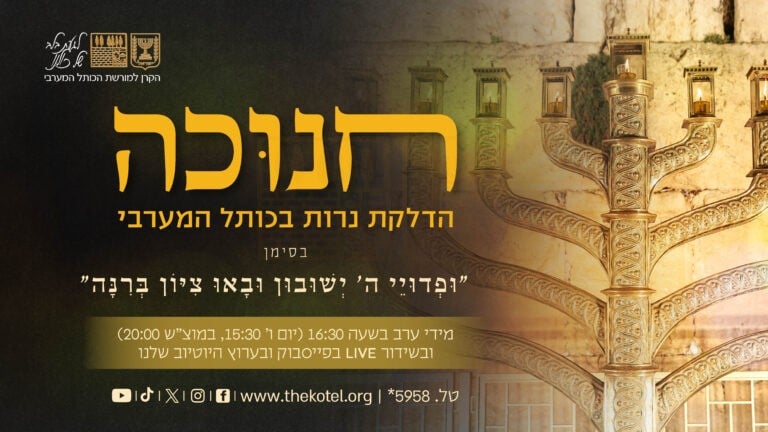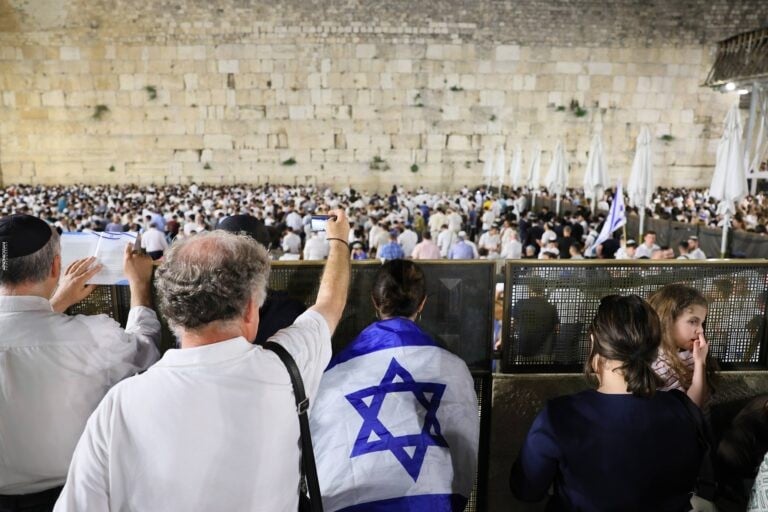Here, for example, is a striking contrast in the parasha between two central ruling systems: kings and judges. The command regarding the appointment of judges is resolute and unequivocal.
You shall set up judges and law enforcement officials for yourself in all your cities…and they shall judge the people [with] righteous judgment.
(Deuteronomy 16, 18)
In contrast, the command to appoint a king is conditioned on the demands of the nation; a demand seen as an imitation of what was customary among neighboring nations:
When you come to the land…and you say, “I will set a king over myself, like all the nations around me,” you shall set a king over you…
(Ibid 17, 14-15)
This hint is expanded upon and clarified in the book of Samuel. There, when the nation asks the prophet Samuel, “Give us a king to judge us,” G-d’s response to Samuel is, “for they have not rejected you, but they have rejected Me from reigning over them” (Samuel I 8, 7). The request for a king is seen as negative. However, if the nation reached this state, it apparently really needed a kingdom, so the monarchy in Israel was established.
Actually, knowing that in biblical times kings were seen as gods, quasi-gods, or as sons of gods, we understand that the Torah is presenting a revolutionary approach that views the king as no more than the person responsible for administering Jewish society. The king is not a god and has no special rights. On the contrary, there are specific prohibitions in place to limit his power: He is not allowed to unnecessarily exaggerate his personal army of horses; he is forbidden from taking many wives or setting up a royal harem; and he is forbidden from having a lot of silver and gold. In short: A king is a man like any other, forbidden from showing off his wealth or honor.
An excellent example for the limitations of a Jewish king can be found in the story of “Kerem Navot”, Navot’s vineyard, in the book of Kings. Ahab, the king of Israel in the years 852 – 871 BCE wanted the vineyard adjacent to the palace. The vineyard belonged to a person named Navot of Jezreel who did not agree to sell his vineyard to the king. The story ends with the murder of Navot due to a scheme devised by Ahab’s wife Jezebel, but the beginning of the story is what is surprising. The King needed to ask the simple citizen to sell him his vineyard and the citizen refused. This simple description of events would not be seen in any other story about kings other than the limited state of kings in Judaism. It made it so that corruption among rulers could not lead to wrongdoing against the simple citizen.
If we want to know what the role is of the Israeli king and where his power lies, we can look at Jehoshaphat, king of the Kingdom of Judah, who reigned in Jerusalem between the years 846 – 867 BCE. Even his name – which means “G-d judges” – hints at his essence. This righteous king saw the establishment of a fair justice system as the kingdom’s essential role. This is what is written about him:
And he appointed judges in the land in all the fortified cities of Judah, for every city…And he said to the judges, “See what you are doing, for you do not judge for man but for the Lord, and [He] is with you in the matter of the judgment. And now, may the fear of the Lord be upon you; observe and do, for with the Lord your G-d there is neither injustice, favoritism, nor bribe-taking.”
(Chronicles II 19, 5-7)
Kingship was necessary in certain periods of time, but its essence was to do justice, prevent wrongdoing, and establish a fair and moral legal system. These ruling principles are presented in this week’s Torah portion. Here we are exposed to the foundations of Jewish morality regarding the proper values of ruling, a tradition developed by the prophets, the sages, philosophers, and rabbinical authorities to this day. Cultures have changed, monarchies have been replaced by democracy, technology has developed – but the principles of justice and morality that we learn from the Torah remain relevant and eternal.









